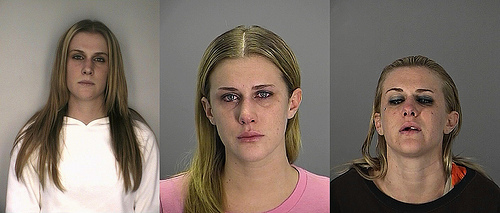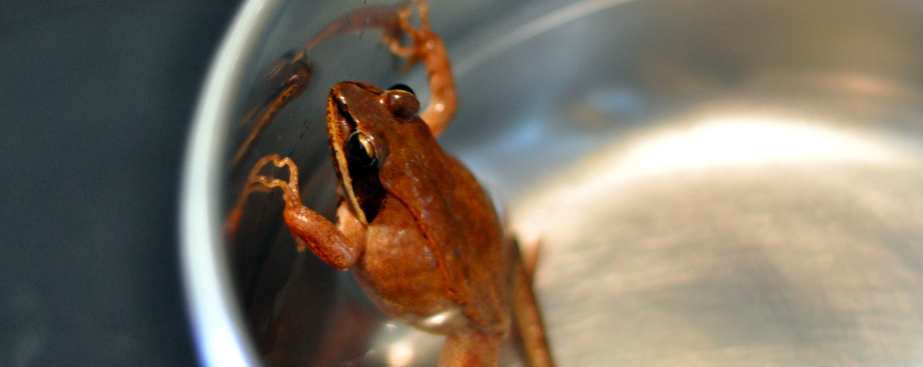Listen to the 6-minute podcast version
Watch a 1-minute introductory video
Nobody starts out saying, “I want to be a workaholic.” Or, “I think I’ll become a codependent parent.” Or a porn abuser, or alcoholic, or drug addict. But it happens anyway.
It’s often a gradual process. It starts with an area of dissatisfaction in our lives, which slowly grows in the darkness of our unawareness. If we don’t connect with anyone who will talk to us honestly, we hardly notice what’s going on. We don’t have a plan to deal with our issues.
Negative consequences appear, and continue, and get worse. Unless we turn things around—turn our life around—by deciding we have hit bottom.
It Can Happen to Anyone
After I began drinking, I didn’t see alcohol as a problem. It helped me feel the way I felt I wanted to feel, and it stayed that way for a long time. I went through years of denial with the comfort of seemingly logical rationalizations, with nobody posing a different point of view.
But I started thinking about the time and energy I gave to alcohol. I wondered if it was affecting my family, and began to consider if this was how I really wanted to live. Would alcohol always be that important to me? Part of the legacy I would leave behind? The hardest area to rationalize was how God felt about my drinking. Over time, I began to feel—to know—God wanted me to stop.
Even though I didn’t get arrested, or fired, or divorced, I became miserable. Until things turned around when I decided I had hit bottom.
A Downward Trajectory
There is a story involving 2 situations with frogs. In one, the frog is put in a pot of boiling water, and it hops out to safety. In the other, the frog is put in lukewarm water, and the temperature is slowly increased. That frog doesn’t perceive the growing danger and ultimately cooks to death.
But this frog story is actually a fable. Contemporary biologists say that a frog that is put in gradually heating water will, in fact, hop out. And so can we.
We all have issues in our lives. Some may grow into compulsive habits, and perhaps addictions. Normally slowly, so we don’t see the growing danger. In too many cases, it takes a great deal of pain before we decide to turn things around. In fact, 90% of people with addiction issues do not seek help as things worsen. Until they hit bottom, and their lives fall apart.
It doesn’t have to be that way.
Because we can adjust our downward trajectory before we crash and burn.
If we develop self-awareness and learn what to look for, and if we’re connected to someone who will be real with us, we can detect the growing danger earlier. We can prevent addiction, by deciding we have hit bottom. But we must be willing to do something about it.
Deciding We Have Hit Bottom
If we use our mind, heart, and soul, we can see where things are going. We can do that late in the process, after consequences have become terrible, or we can do it earlier. It’s up to us.
- Use our mind to “play the tape forward” – Consciously examine the trajectory we are on and determine if we are satisfied with where things are heading.
- Use our heart to “count the cost” – Thoroughly and honestly add up the current and future consequences of whatever negative habits we are becoming addicted to.
- Use our soul to “determine what’s at stake” – Look at our actions with God’s eyes. Imagine his sadness as he watches one of his children slowly self-destructing.
After using our mind, heart, and soul to assess the trajectory we are on, we must then summon the strength—the will—to hop out of the pot before it’s too late. So our life can change forever.
Which we can do by deciding we have hit bottom.
Question: What habit do you have that is creating increasingly negative consequences?
Action: Pick 1 habit you have and go through the steps above to change your trajectory.




